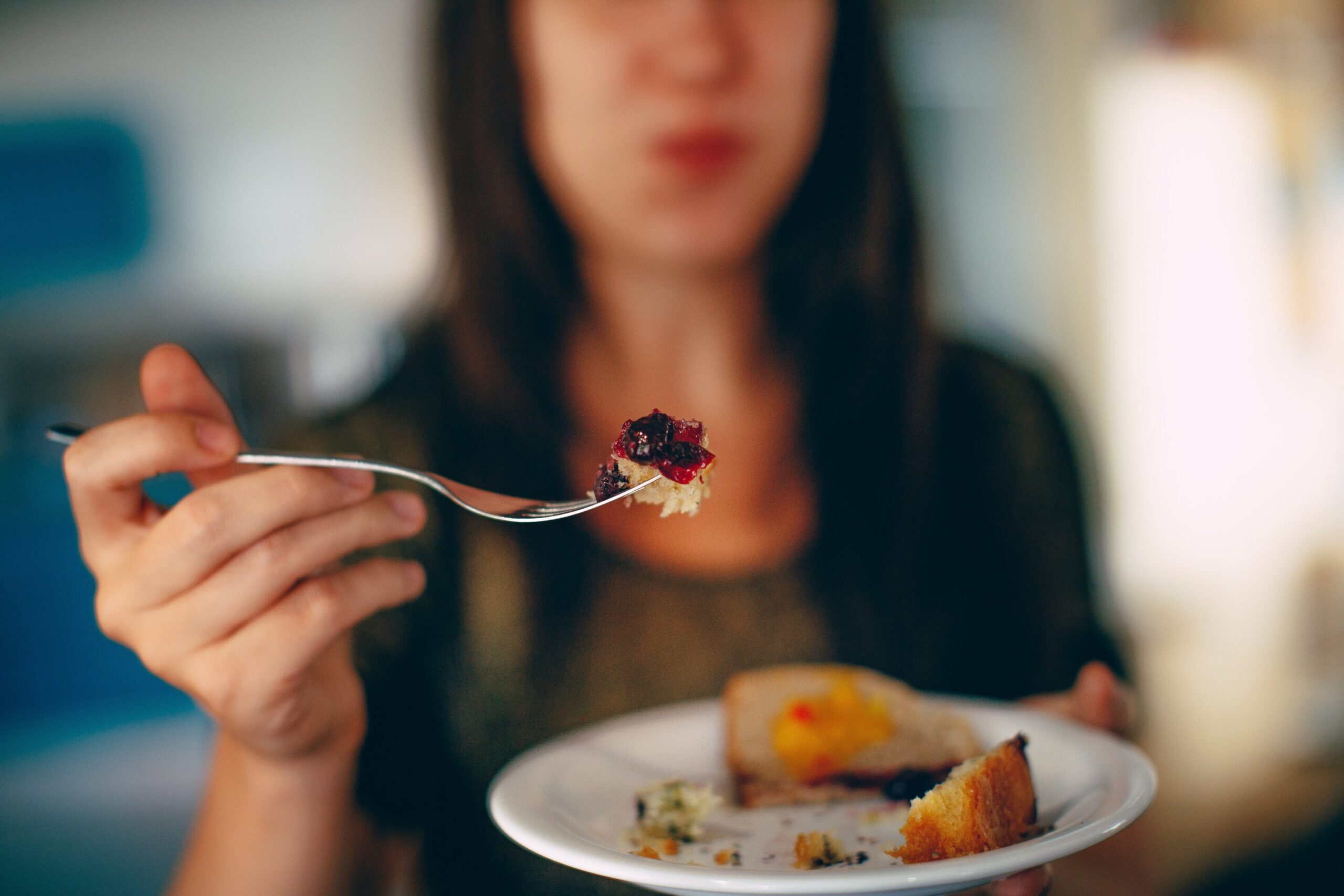
How to apply rose water in summer? Adopt these 3 methods and get rose-like glowing skin in summer.
April 16, 2024
BP level above 140/90 mmHg increases the risk for heart and kidney, check blood pressure daily like this, expert told the method.
April 16, 2024Do not eat these 5 foods by reheating them even by mistake, they affect the body like poison, see the food list.

Clinical dietitian Garima Goyal said that there are some foods which when reheated start losing their taste, texture and nutritional value. Some foods act like poison on the body when heated.
The busyness of life has increased so much that we do not even have time to pay special attention to our eating habits. Start your day by eating readymade foods like bread, butter, Maggi, sandwich etc for breakfast. Even if you cook something for breakfast at home, try to prepare it in such quantity that you can eat it two to three times throughout the day. Once food is cooked, it has to be heated several times to eat it again. Reheating food again and again is harmful for health.
You know that eating fresh food is very important for good health. By cooking and storing food and then reheating it, not only the nutrients present in it get lost but there are also some foods which act like poison on the body when reheated.
Most people around the world eat leftover food by reheating it, but according to experts, reheating food is not good for your health. Clinical dietitian Garima Goyal said that there are some foods which when reheated lose their taste, texture and nutritional value. Let us know from experts which are those foods which should not be consumed after reheating.
Do not consume tea after reheating it.
Compounds like antioxidants and polyphenols are present in tea, which enhance its taste and benefits. When tea is initially brewed it releases various compounds such as tannins and catechins. Reheating the tea can damage these compounds, which can lose the taste and benefits of the tea. Tea contains caffeine and drinking it after reheating can have adverse effects like nervousness or sleep disturbance. Reheating tea can cause acidity and also spoil your digestion.
Do not reheat spinach
Talking about the nutrients present in spinach, it contains nitrates which get converted into nitrites when heated again. Nitrite can then react with amino acids to form nitrosamines which are known carcinogens. Reheating spinach can destroy soluble fibers like vitamin C and vitamin B, reducing its nutritional value.
Spinach is an excellent source of iron. When spinach is cooked and then heated the iron in spinach may undergo oxidation. This chemical reaction occurs when iron comes in contact with oxygen in the air. This oxidation process can result in the formation of iron oxide, which can alter the color and flavor of the spinach.
Do not reheat cooking oil
When cooking oil is reheated, chemical changes occur in it which degrade its quality and become unhealthy. Goyal said that the repeated heating and cooling cycles of cooking oil leads to the formation of harmful compounds like trans fats and aldehydes which increase inflammation in the body and heart diseases.
Reheating the oil can produce poisonous fumes which spoil the taste of the food. Use only as much oil for cooking as you can use at one go.
eat mushrooms fresh
Mushrooms have pores and can easily absorb moisture, making them a perfect environment for bacteria. Reheating mushrooms increases the risk of bacteria growing in them. Mushrooms contain certain compounds, such as polysaccharides, that can undergo enzymatic reactions when reheated, changing their flavor and texture.
Rice
Often we consume rice by heating it more than once. You know that rice contains a bacteria called Bacillus cereus which can survive the cooking process and can increase its numbers when rice is kept at room temperature for a long time. Reheating rice does not eliminate the bacteria and their toxins present in it and increases the risk of food poisoning. When rice is reheated, it loses its moisture and becomes dry and tasteless.


